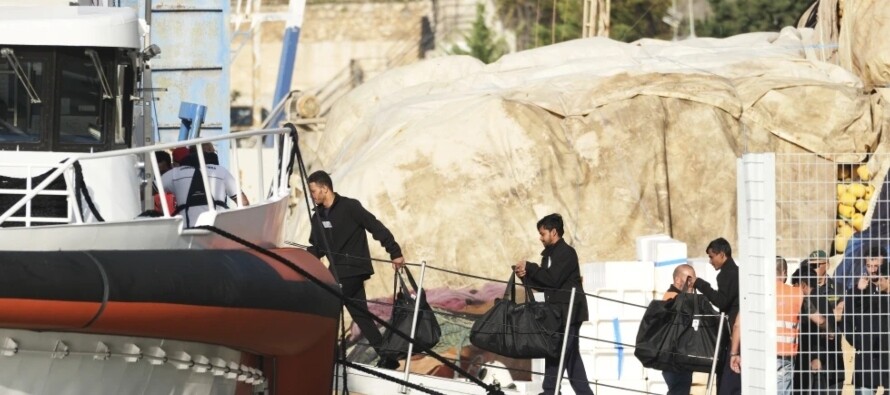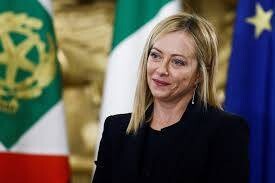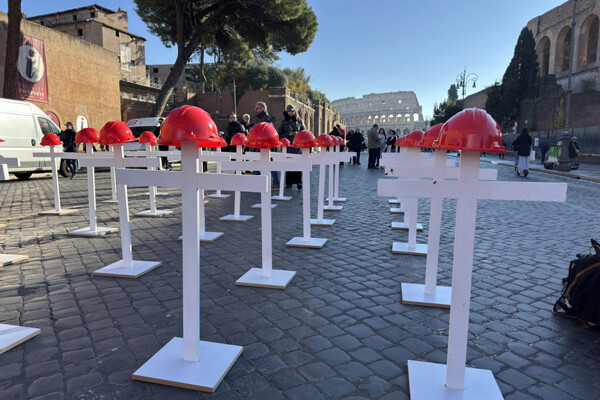
More than a dozen humanitarian organizations providing medical care to migrants have denounced the migration agreement between Italy and Albania as a violation of the medical ethics code and urge healthcare workers not to cooperate with it. The agreement, driven by Prime Minister Giorgia Meloni as a measure against human trafficking, stipulates that the asylum cases of certain male migrants rescued at sea are managed while they are detained in two detention centers in Albania, a country that is not a member of the European Union.
Although Italy has presented this agreement as a model for Europe and a deterrent for potential refugees attempting to reach the continent from North Africa, the process has faced various obstacles. The budget of 670 million euros allocated for the five-year agreement has not prevented legal setbacks that have so far hindered the processing of any migrant in Albania.
Delays in the construction of the centers, which were designed to house up to 3,000 migrants monthly, as well as the intervention of Italian courts that determined the transfer of the first groups of men to Italy, have complicated the implementation of the agreement. Currently, the European Court of Justice in Luxembourg must decide whether the migrants come from safe countries for their return.
It is noteworthy that the first twenty migrants transferred to Albania were from Bangladesh and Egypt. Non-governmental organizations have detailed the assessment process for migrants on Italian naval vessels and Albanian centers to determine their vulnerability, pointing out the lack of adequate facilities to carry out such assessments.
Despite temporary supervision by the UN refugee agency in the first three months, the validity of the selection mechanisms has been questioned, raising concerns about potential risks to the health and rights of migrants. Human rights groups have criticized the agreement for representing a violation of Italy's obligations concerning human rights and international law.
The organizations signing the statement, including Doctors Without Borders and SOS Mediterranee, have expressed their concern about the lack of guarantees for the respect of migrants' rights and health in Albania. While the Italian government claims that the agreement protects the rights of migrants in the Albanian centers, the organizations believe that an unacceptable risk is being run.














